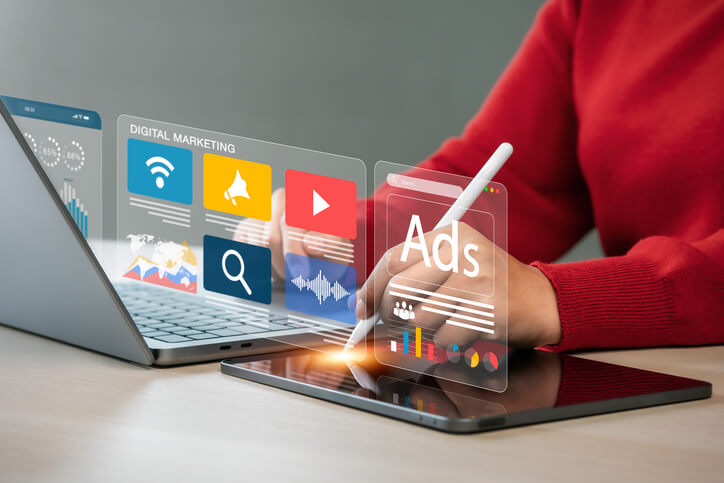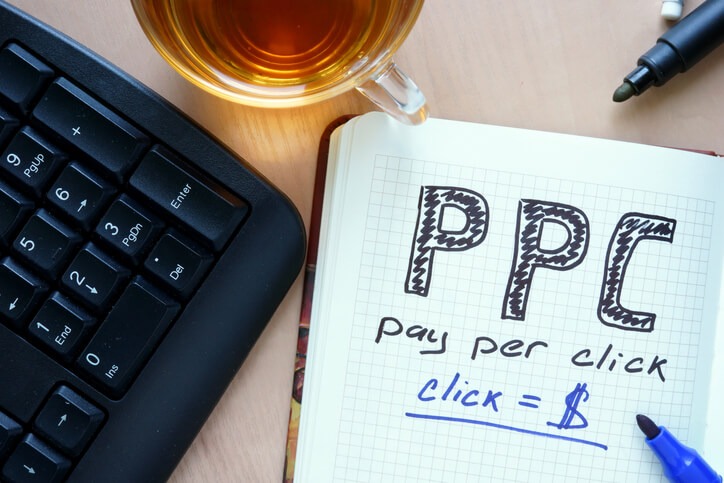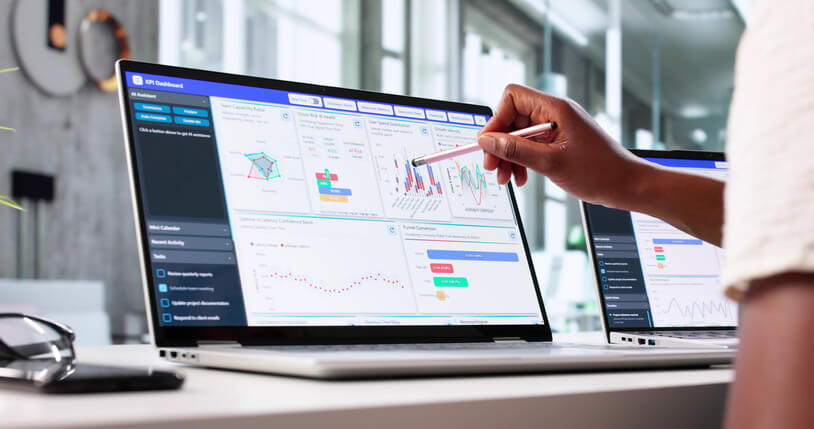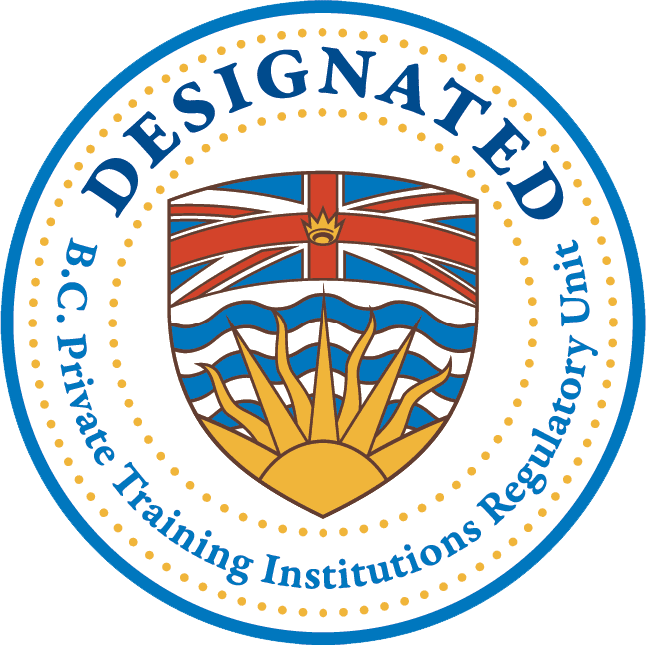TL;DR: PPC advertising is a flexible, measurable way to drive targeted traffic by paying per click. It works through keyword bidding, ad quality, and budget control, with multiple ad types available across platforms like Google, Meta, and Microsoft. The benefits of PPC advertising include instant visibility, precise targeting, cost control, and valuable brand awareness. When combined with SEO, it forms a powerful digital marketing strategy.
What is PPC advertising? It’s a digital marketing model where businesses pay a fee each time someone clicks their ad. Instead of waiting for organic traffic to build through SEO, PPC lets you buy visibility on platforms like Google, Bing, Facebook, or Instagram.
Search engine advertising is the most common form, with ads appearing above or alongside organic results when users search for specific keywords.
What Is PPC Advertising and How Does It Work?
PPC (pay-per-click advertising) functions like a real-time auction. Advertisers choose keywords or audience criteria, then bid for their ads to appear when someone searches or browses content related to them.
But it’s not just about bidding the highest amount. Platforms like Google Ads factor in ad quality and relevance through metrics like Quality Score. That means a highly relevant ad with a strong landing page can outrank a competitor’s higher bid.
When someone clicks your ad, you pay the cost per click (CPC), which can range from a few cents to several dollars depending on competition. Budgets are set daily or monthly, giving businesses full cost control.
Benefits of PPC Advertising
So why do businesses rely on PPC? Here are some key reasons:
- Immediate Visibility: Campaigns can launch and appear on the first page of search results within hours.
- Highly Targeted Audience: Target people by keyword intent, demographics, or interests, depending on the platform.
- Cost Control & ROI: You only pay when someone clicks, with flexible budgets that can scale up or pause anytime.
- Measurable Results: Every impression, click, and conversion is trackable, allowing you to calculate CPA (cost per acquisition) and ROAS (return on ad spend).
- Brand Awareness: Even without clicks, appearing at the top of search results or in social feeds boosts visibility.
- Complements SEO: PPC provides immediate traffic while SEO builds long-term visibility. Together, they show how SEO and SEM work together to maximize results (learn more about how SEO and SEM work together to boost overall results).
Does PPC advertising help with SEO or organic search rankings? No. PPC and SEO are separate strategies, but PPC can indirectly support SEO by boosting brand awareness and providing valuable keyword insights.
In short, PPC advertising offers speed, targeting, and agility. It’s a powerful way to get your message in front of the right people at the right time, and to do so with a budget that fits your needs.

Types of PPC Ads (With Examples and When to Use Them)
PPC advertising isn’t one-size-fits-all. Here are a few key formats:
- Search Ads: Text-based ads on search engines. Best for capturing users with high purchase intent.
- Display Ads: Banner-style ads on websites and apps. Useful for awareness and retargeting.
- Social Media Ads: Sponsored posts on Facebook, Instagram, or LinkedIn. Great for building brand interest through visuals and storytelling.
- Shopping Ads: Product-based ads showing images, prices, and store names in search results. Essential for e-commerce.
- Video Ads: Skippable or non-skippable ads on YouTube or social feeds, perfect for storytelling and brand lift.
Is PPC suitable for small businesses with limited budgets? Yes. PPC is scalable. Small businesses can run targeted campaigns with modest budgets, using geo-targeting and long-tail keywords to maximize ROI.

PPC Platforms: Google Ads vs. Meta Ads vs. Microsoft Ads
- Google Ads: The largest PPC platform, covering search, display, YouTube, and shopping ads. Best for capturing high-intent searchers.
- Meta Ads (Facebook/Instagram): Strong in interest-based targeting, perfect for visual storytelling and community engagement.
- Microsoft Ads (Bing Ads): Smaller reach but often lower CPCs and less competition, with easy campaign imports from Google Ads.
A smart PPC specialist often recommends combining platforms to capture both intent-driven searches and broader social reach (see what a PPC specialist does here). Wondering, “How can I learn PPC advertising and become a PPC specialist?” Start with training, gain hands-on experience, and pursue certifications.
Ready to build your skills?
Enroll in a digital advertising course in Vancouver to learn PPC hands-on and launch campaigns that convert.
Frequently Answered Questions
Question: Does PPC advertising help with SEO or organic search rankings?
Answer: No. PPC and SEO are separate strategies, but PPC can indirectly support SEO by boosting brand awareness and providing valuable keyword insights.
Question: How can I learn PPC advertising and become a PPC specialist?
Answer: Start with training, gain hands-on experience, and pursue certifications.
Question: Is PPC suitable for small businesses with limited budgets?
Answer: Yes. PPC is scalable. Small businesses can run targeted campaigns with modest budgets, using geo-targeting and long-tail keywords to maximize ROI.




